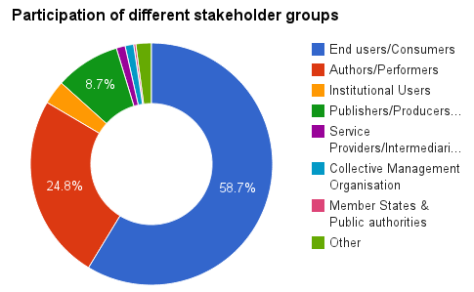Still these folks spew BS!
I had hopes when the Business Roundtable pronounced a change in tactics- to reaffirm that businesses have responsibilities towards their communities and their employees- that it was real. By last May, I was fairly certain it was purely for window dressing.
But, now, it’s clearly evident that these firms are only in it for themselves. (Clearly NOT for their investors, unless that means the corporate executives can amass even more bonuses.)
Actually, Drs. LA Bebchuk and R Tallarita (Harvard Law) brought up a point I should have considered at the outset. Since corporate decisions are almost always confirmed by the Board of Directors, how is it that the signers of the declaration never brought up this resolution for their boards to approve? (The authors approached all the signatories; only 48 responded- and of them only 1 brought the issue up to his board.) In other words, the company was not going to stand behind this grand vision, the return to stakeholder commitment.

Moreover, the companies of the Roundtable have corporate governance guidelines. And, guess what? Their guidelines still reflect the “shareholder primacy” concept. (Yes, that’s true even for those firms that updated their guidance after the execs signed the declaration.)
Moreover, most US Corporations are Delaware-based entities. And, Delaware laws reflect shareholder primacy values (sic). Chief Justice Strine actually declared that Delaware laws require that “directors must make stockholder welfare their sole end”.
Finally, as I have often stated, corporate executives receive the bulk of their compensation from stock awards. It is not atypical for an executive to earn $ 1 (or some other nominal amount in cash salary)- but several million in stock awards. On average, 75% of executive pay is tied to stock awards. Unless and until executive pay is a function of increased stakeholder value, it’s obvious nothing will ever change.
So, you won’t be surprised when I tell you the average compensation for CEO’s in 2019 was $21.3 million. Or, that over the past 40 years, AND adjusted for inflation, CEO compensation increased by 1167%. (While worker pay was virtually stagnant- an increase of 13.7% [also adjusted for inflation] over that same time frame. ) More importantly, the ratio of CEO:worker pay INCREASED from 293 to 320 over the past year. (A point of comparison- in 1989, that ratio was all of 61!)

(Right now, very few corporations have stakeholder metrics- and for the 3 or 4 that do, less than 2% of compensation can be so affected. Instead these are the metrics by which corporations are measured: dividend policy, marketing policy, competitive strategy, supply chain management, and corporate diversification [this last one is strictly window dressing].)
Why would one be surprised that corporations lie to us all the time when we have a President who leads (sic) the country the same way.
And, then, after I penned this post (but way before it appeared), Joshua Bolten (CEO, Business Roundtable) decided that it was time to provide even more lies.
He actually claimed that “many” firms substantially increased worker wages, training, and bonuses. I, for one, am very curious as to what “many” means.
Sure, folks like Walmart, JPMorgan, and BankofAmerica gave bonuses to their staff to show up during the nascent days of pandemic. However, that practice has ceased. Is that the benevolent change that Bolten is claiming? That was simply to ensure that these folks didn’t have to close their doors.
Or, maybe, because so many of these firms pay workers at the minimum wage or within 10% of that wage- and now that those mandated rates were finally changed, is that the increased wages that Bolten wants us to think these companies benevolently provided?
I have written to Bolten to provide substantiation for the claims he made. I’ll print his response when I get it.
Don’t go looking for it.










I doubt that I will be reading his response any time soon. I am very happy not to be involved in any of that now that I am retired and have gotten rid of my stock options, which were not a big bit to start with.
ChefWilliam recently posted..Easy Thai Coconut Shrimp Soup
The problem is this system is just creating more and more inequality- which lessens the ability of our democracy to thrive.
I won’t hold my breath, either.
Alana recently posted..From The Autobahn to The Name Game #MusicMovesMe
They hope I will disappear.
$21.3 billion????? WOW!! Something doesn’t sound right with this picture.
That’s because you switched the m for a b!